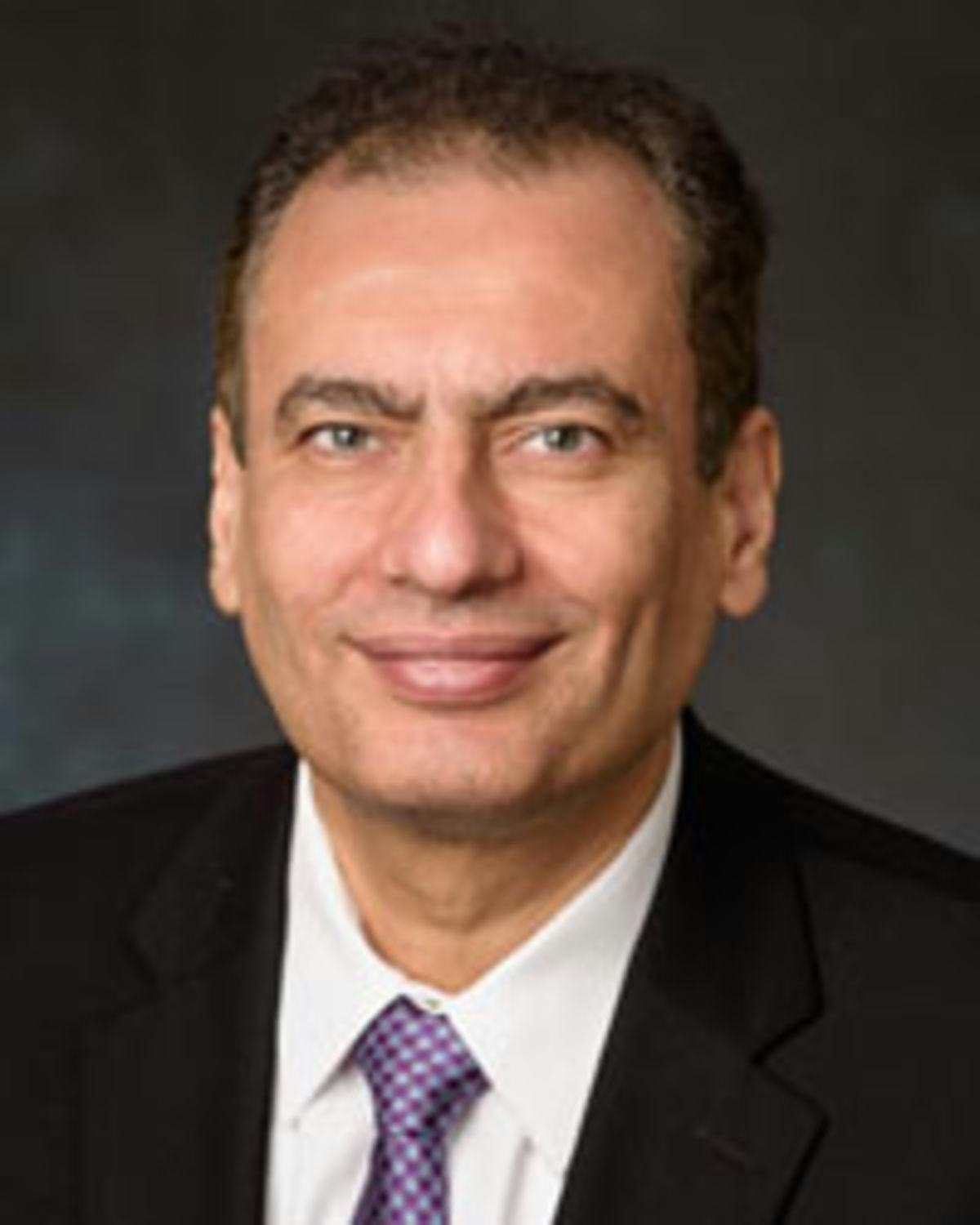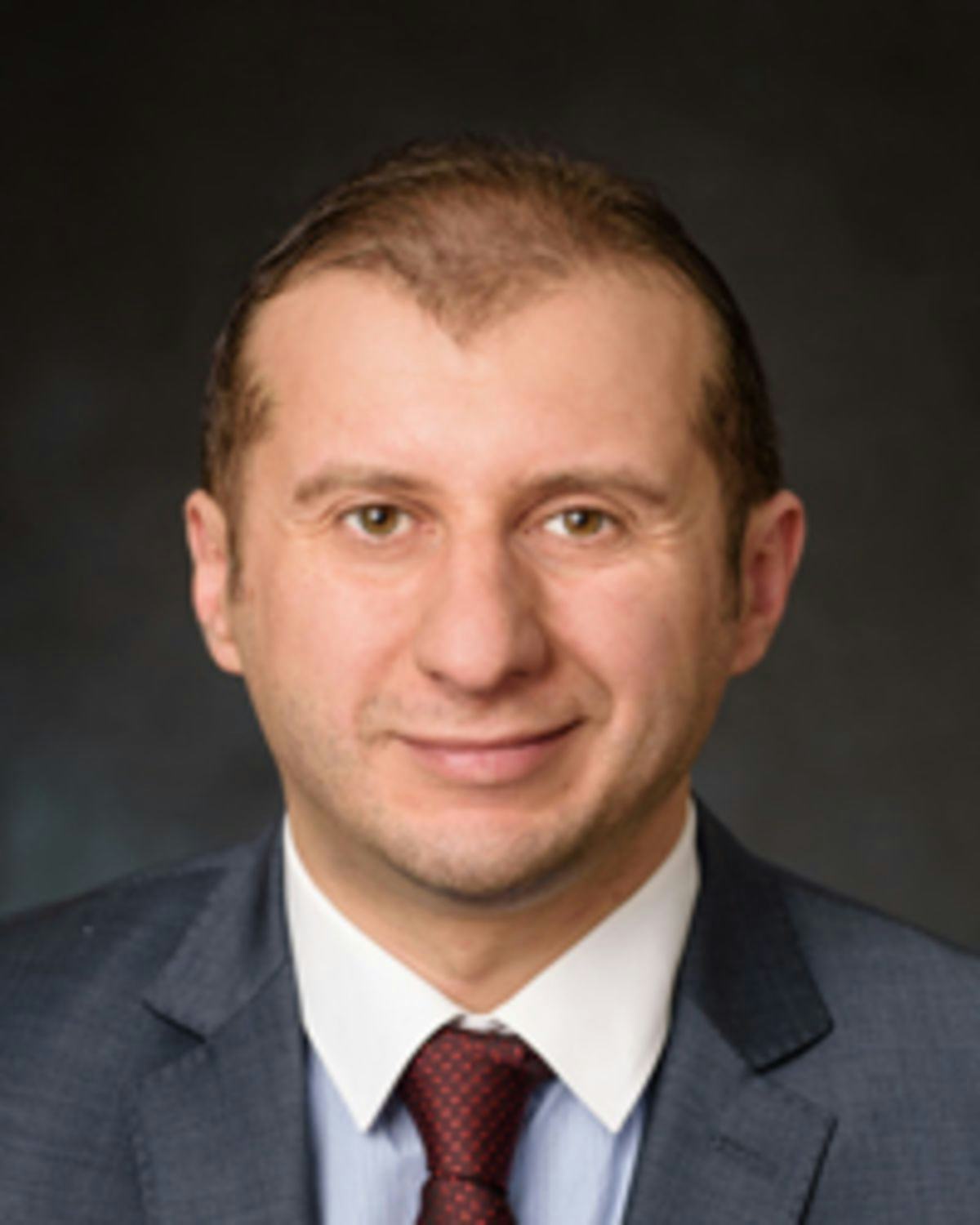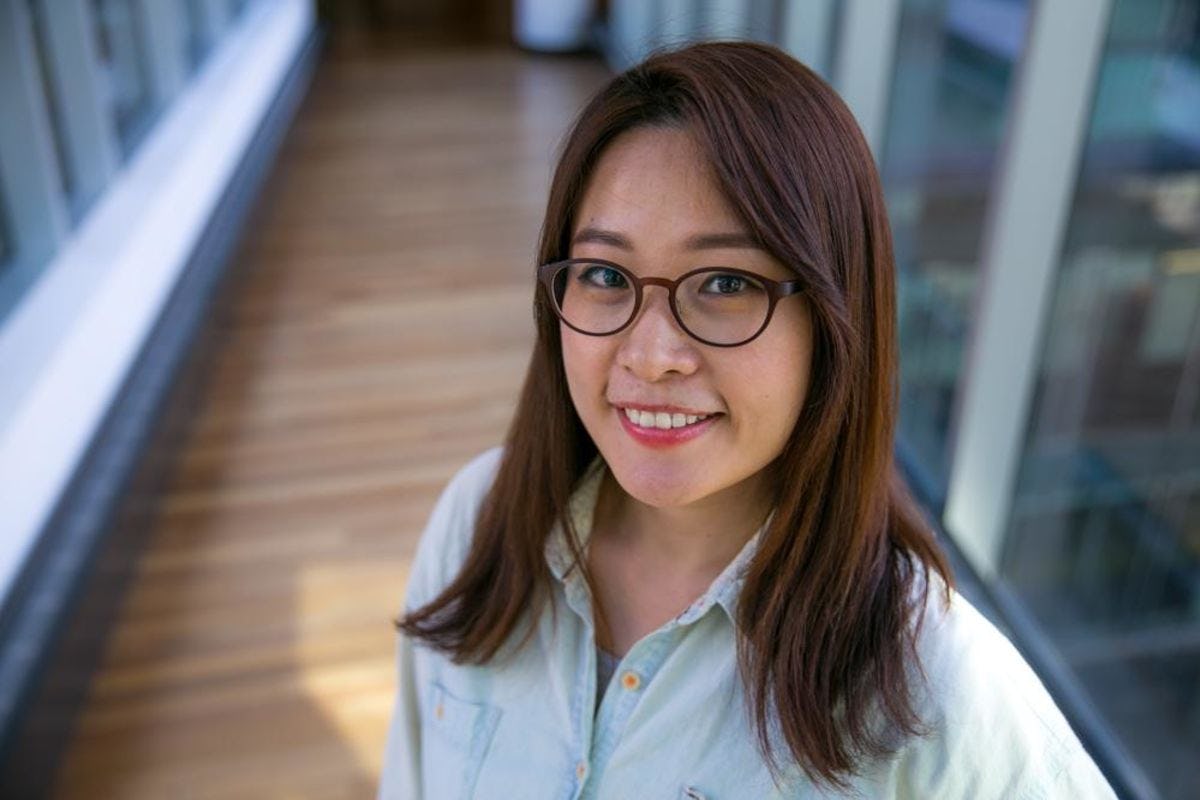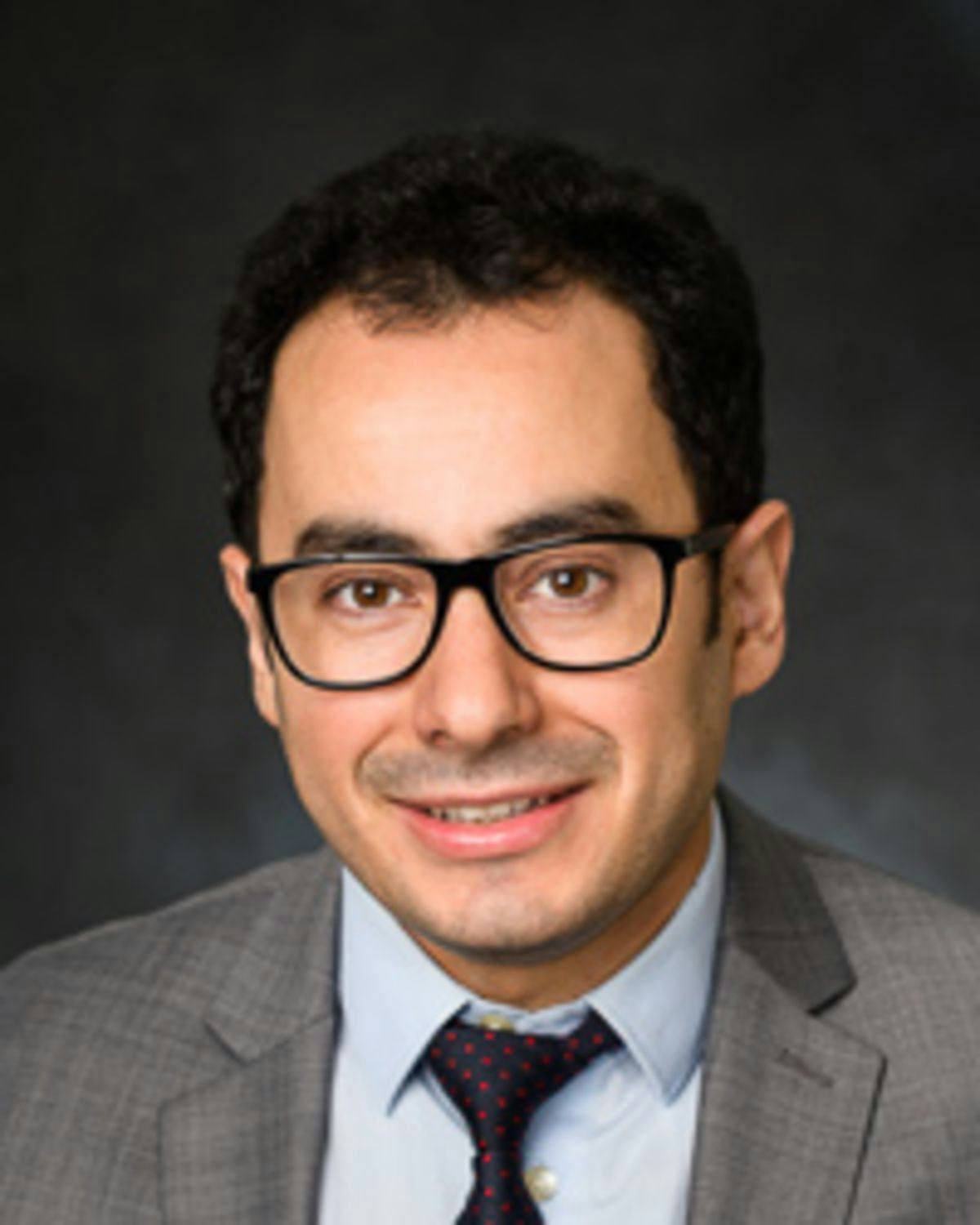School of Systems and Enterprises Focuses on Healthcare Systems Education and Research
SSE Faculty Looks to Make a Positive Impact in Healthcare Research
The School of Systems and Enterprises (SSE) is continuing to advance its groundbreaking research and world-class education in healthcare systems. Among the goals in its 2018-2023 strategic plan, SSE intends to develop working relationships with healthcare facilities and institutions in the New York metropolitan area. To facilitate such relationships and increase its visibility, the school is developing a new graduate certificate and has hired three faculty members whose research in the healthcare field will further enhance SSE’s impact.
“SSE is committed to developing pedagogy and research that will have a worldwide impact. I’m pleased that we are able to make health care a priority,” said Yehia Massoud, dean of the School of Systems and Enterprises. “As our faculty and students engage in leading-edge research that uses the tools of systems and design to make breakthroughs in healthcare, we will be making significant contributions to the health, safety and well-being of the world.”
SSE Faculty Address Healthcare Systems Challenges
SSE faculty have received many grants to advance their research in healthcare, including from the National Science Foundation (NSF), the National Institutes of Health (NIH) and Patient-Centered Outcomes Research Institute (PCORI), among others. Thus far, these grants have supported faculty research on critical healthcare problems including using data analytics and machine learning, human computer interaction and systems engineering tools to improve decision-making and patient outcomes in chronic disease management as well as in opioid management. SSE faculty are also working on how artificial intelligence (AI) systems translate health care and influence patient safety outcomes, including factors that shape human-AI trust in the healthcare field. Faculty are also conducting research on “smart health,” using smartphones to interpret human perception and to develop models of behavior based on mobile systems.
Among SSE faculty who are currently immersed in healthcare research is Dr. Onur Asan, who joined SSE in September 2018. Dr. Asan completed his Ph.D. in industrial and systems engineering at the University of Wisconsin-Madison and is now
focusing his research on improving socio-technical change in healthcare. Specifically, he has been studying how health-information technologies, AI-enabled technologies and organizational initiatives transform systems, communication, workflow and outcomes for individual care and well-being. Dr. Asan’s work has been funded by federal and private institutions, including two important grants from the NSF and the NIH. The NSF grant focuses on using machine learning and other data to improve shared decision-making in diabetes. The NIH grant focuses on the impact of health-information technology (HIT) on doctor-patient communication in an oncology setting.
Dr. Sang Won Bae, who joined SSE in September 2019 from Carnegie Melon University, also has healthcare as a focus of her work. Professor Bae's expertise is in the areas of human-computer interaction, mobile and ubiquitous computing and machine learning.
The goal of her work is to examine the feasibility and acceptability of collecting continuously sensed contextual information to develop algorithms to accurately predict human behavior markers for use in health monitoring and treatment delivery. Her research mainly uses data mining, machine learning techniques and qualitative methods (such as interviews and diary studies) to predict hospital readmissions. Dr. Bae has received grants and awards from several foundations, including the R21 grant from the National Institutes of Health.
Also working on the project is Dr. A. Emrah Bayrak, who joined SSE in December 2018 from Carnegie Melon University. Dr. Bayrak is working with Dr. Asan on establishing factors to optimize trust between AI and clinicians working in healthcare. Dr.
Bayrak, who completed his Ph.D. in mechanical engineering at the University of Michigan, is particularly interested in developing artificial intelligence systems that can effectively collaborate with humans considering unique capabilities of humans and computational systems.
New Healthcare Systems Certificate Planned
SSE is currently developing a graduate certificate in healthcare management and data analytics. This graduate certificate will advance SSE’s mission of providing students with a research-centered education that uses systems thinking to help solve some of the biggest challenges in global healthcare systems (i.e., the organizations of people, institutions and resources that deliver healthcare services to meet the needs of target populations). The certificate program will cover important areas such as the applications of systems engineering in healthcare, including decision science, human factors, human computer interaction and smart health/mHealth (mobile health), as well as the application of artificial intelligence and data science in healthcare.
“The certificate will be excellent preparation for students who are interested in pursuing careers in the New York metropolitan area, which is one of the largest markets in the healthcare sector,” said Dean Massoud. “In completing the program, students will be able to capture, quantify and incorporate values, expectations and uncertainty into the analyses to improve healthcare outcomes and design.”






